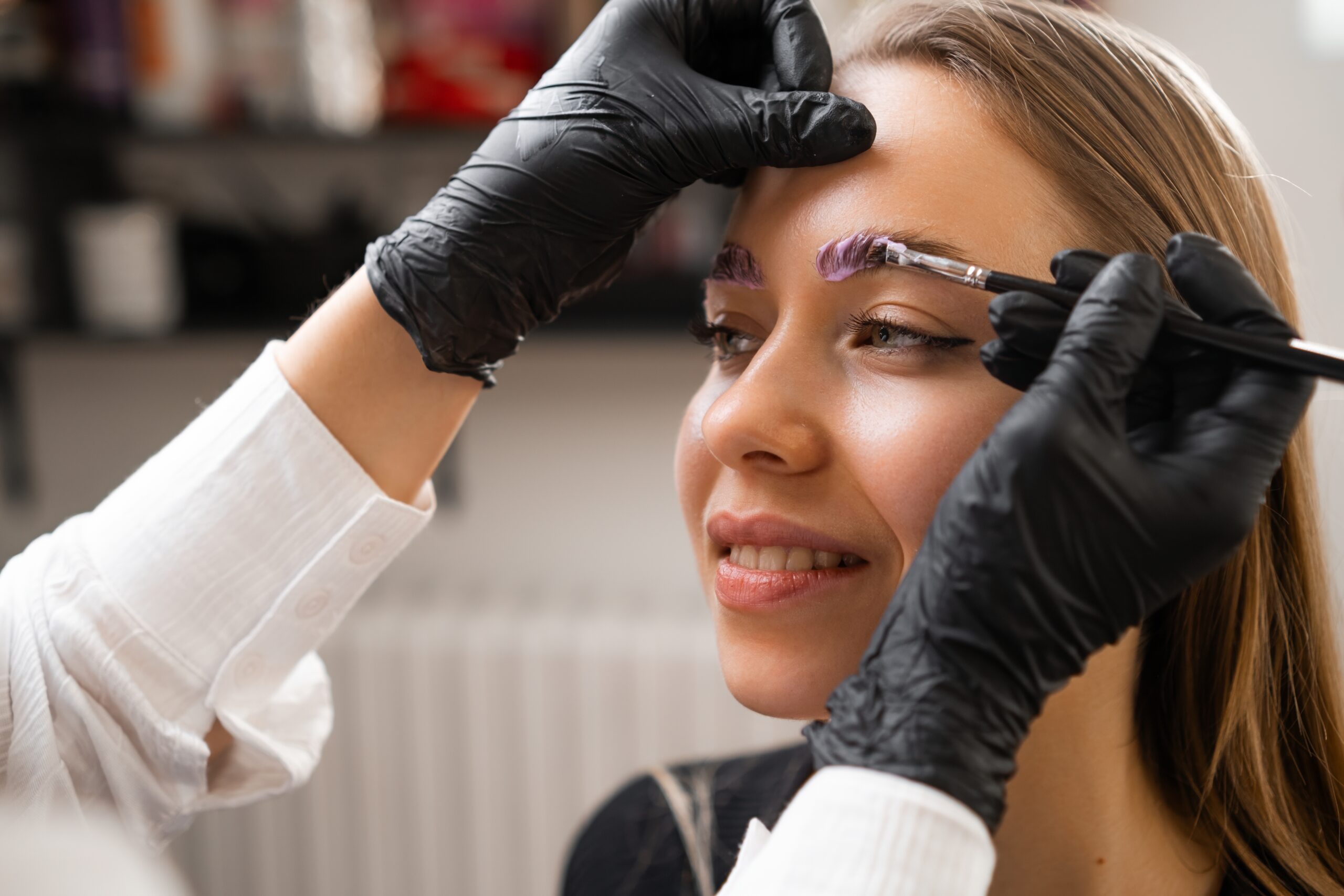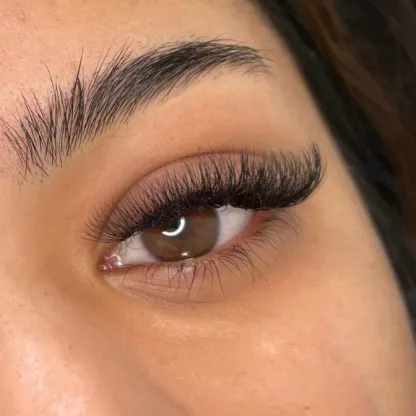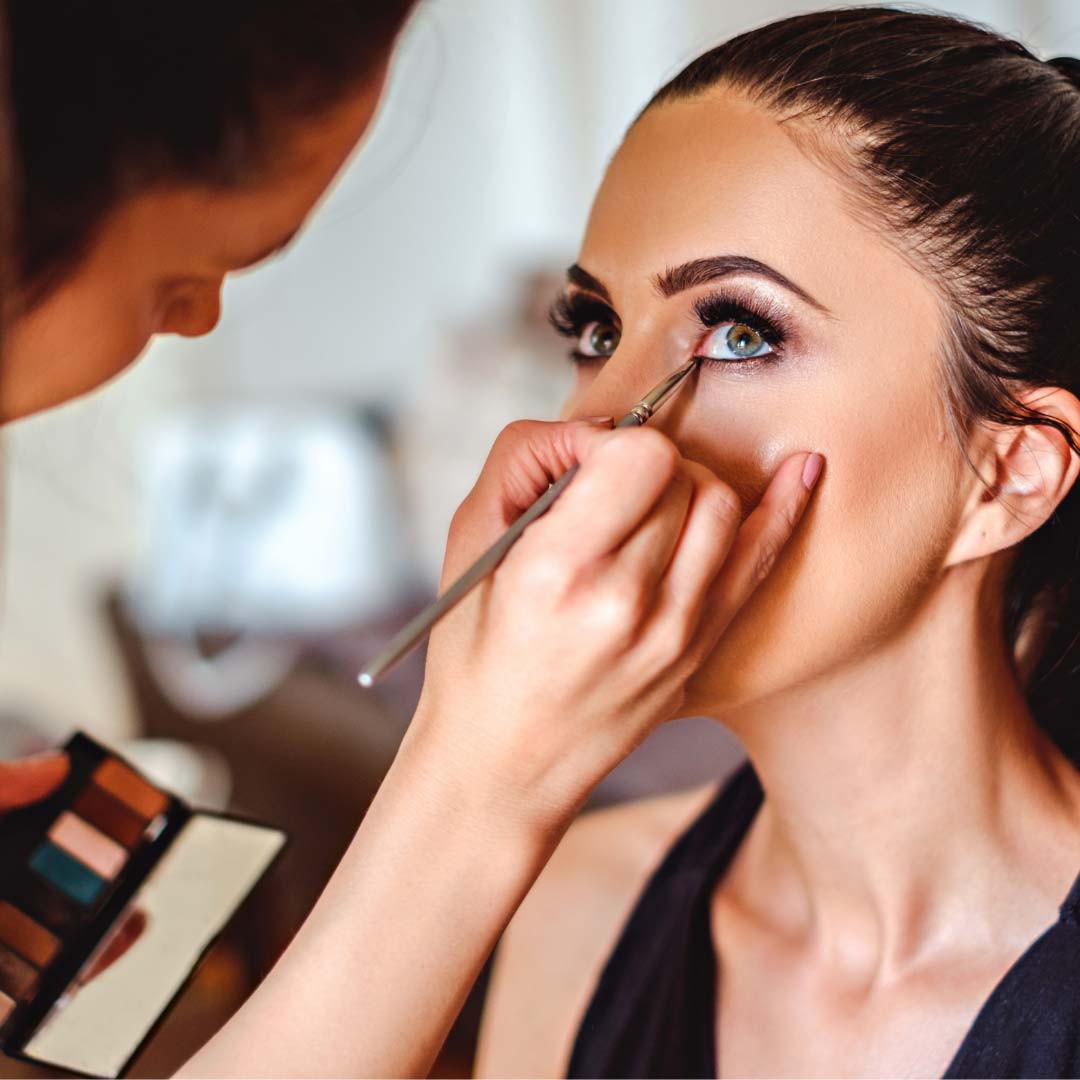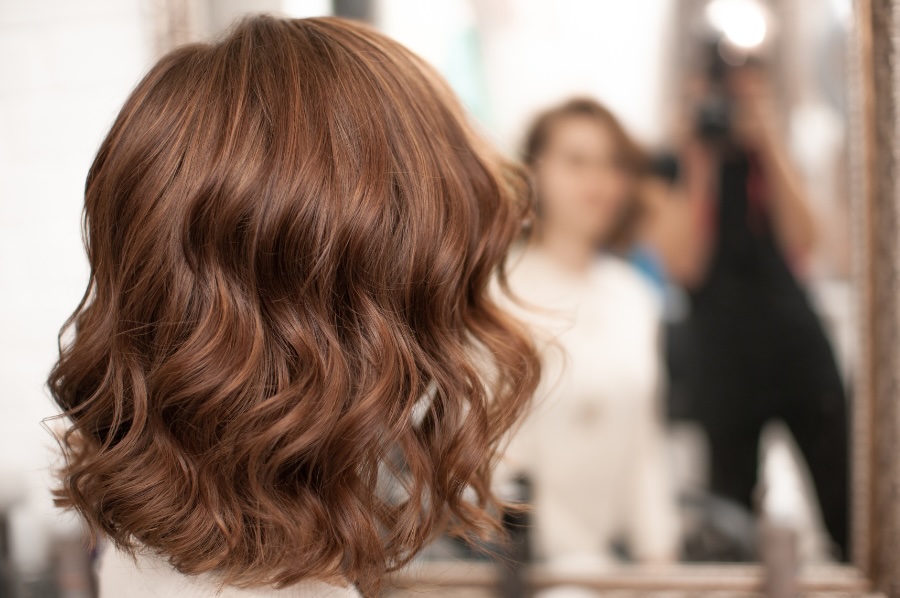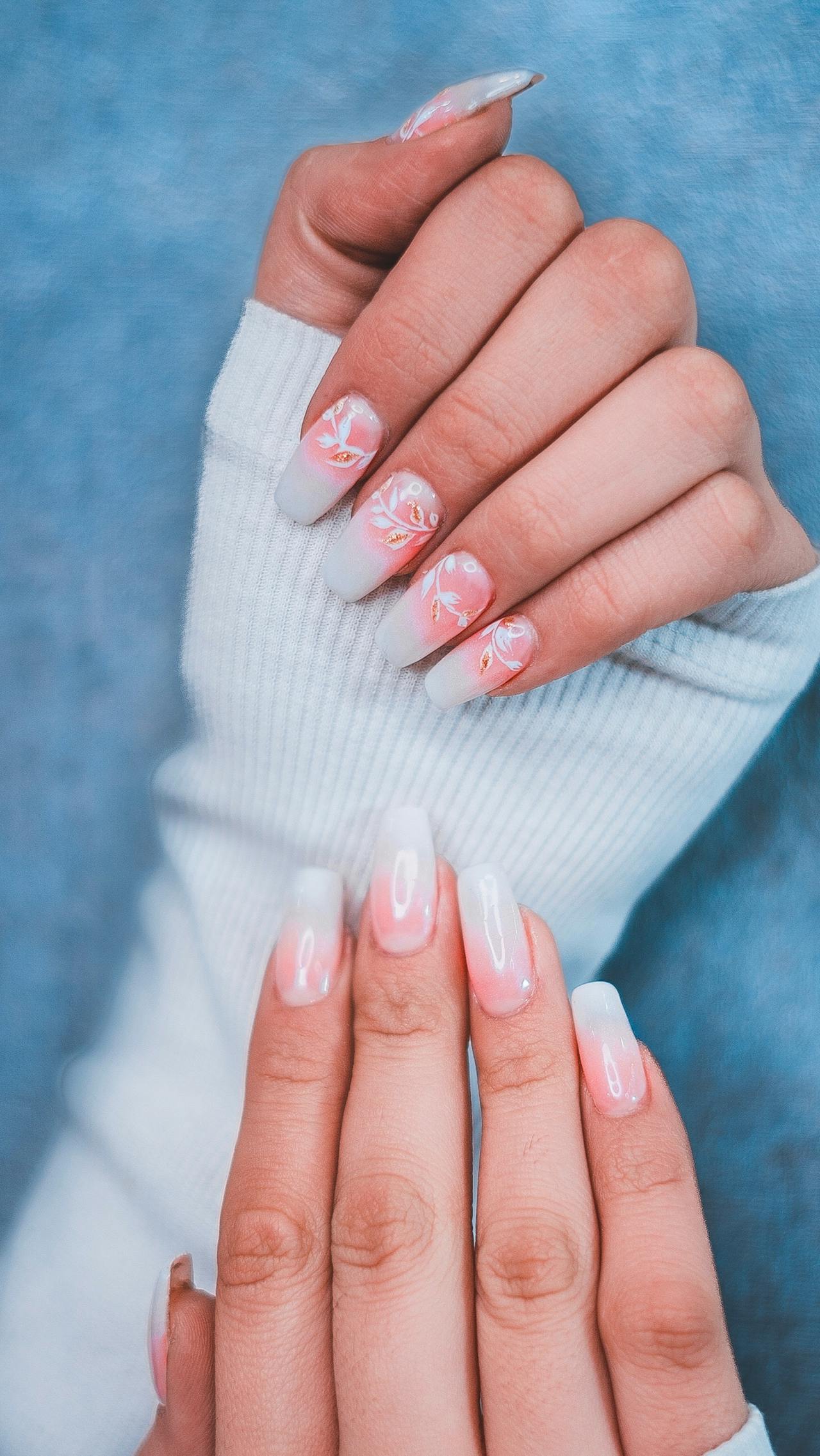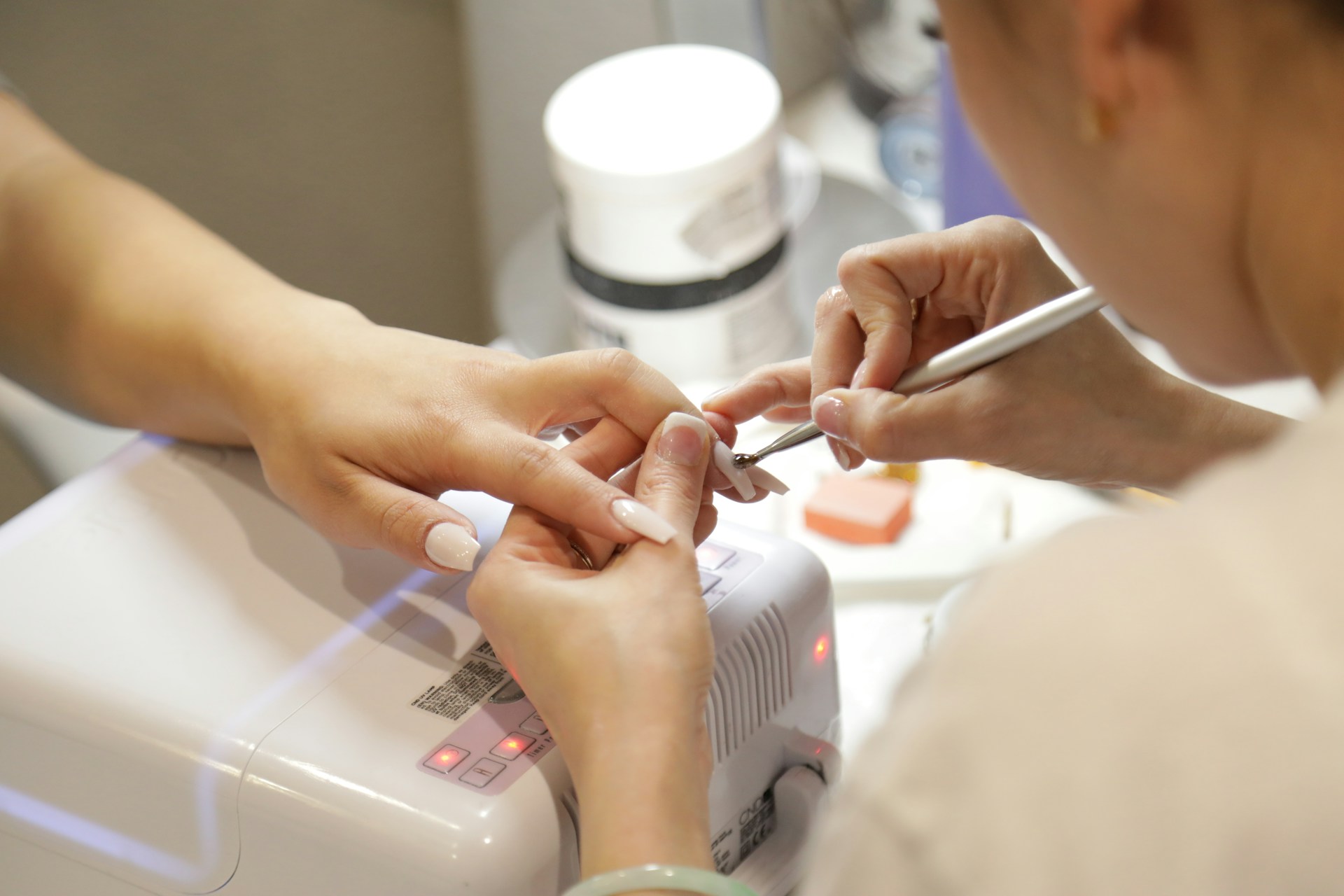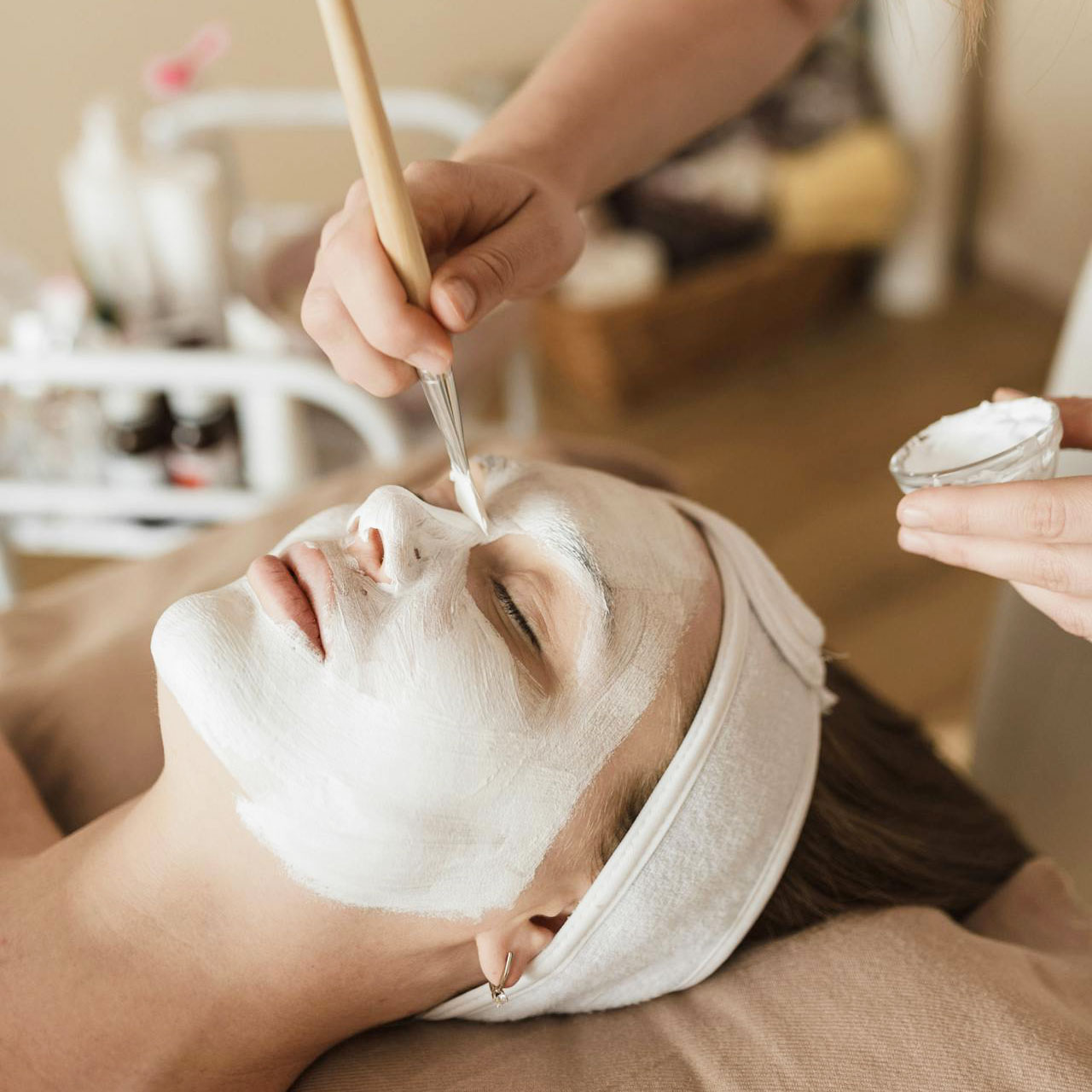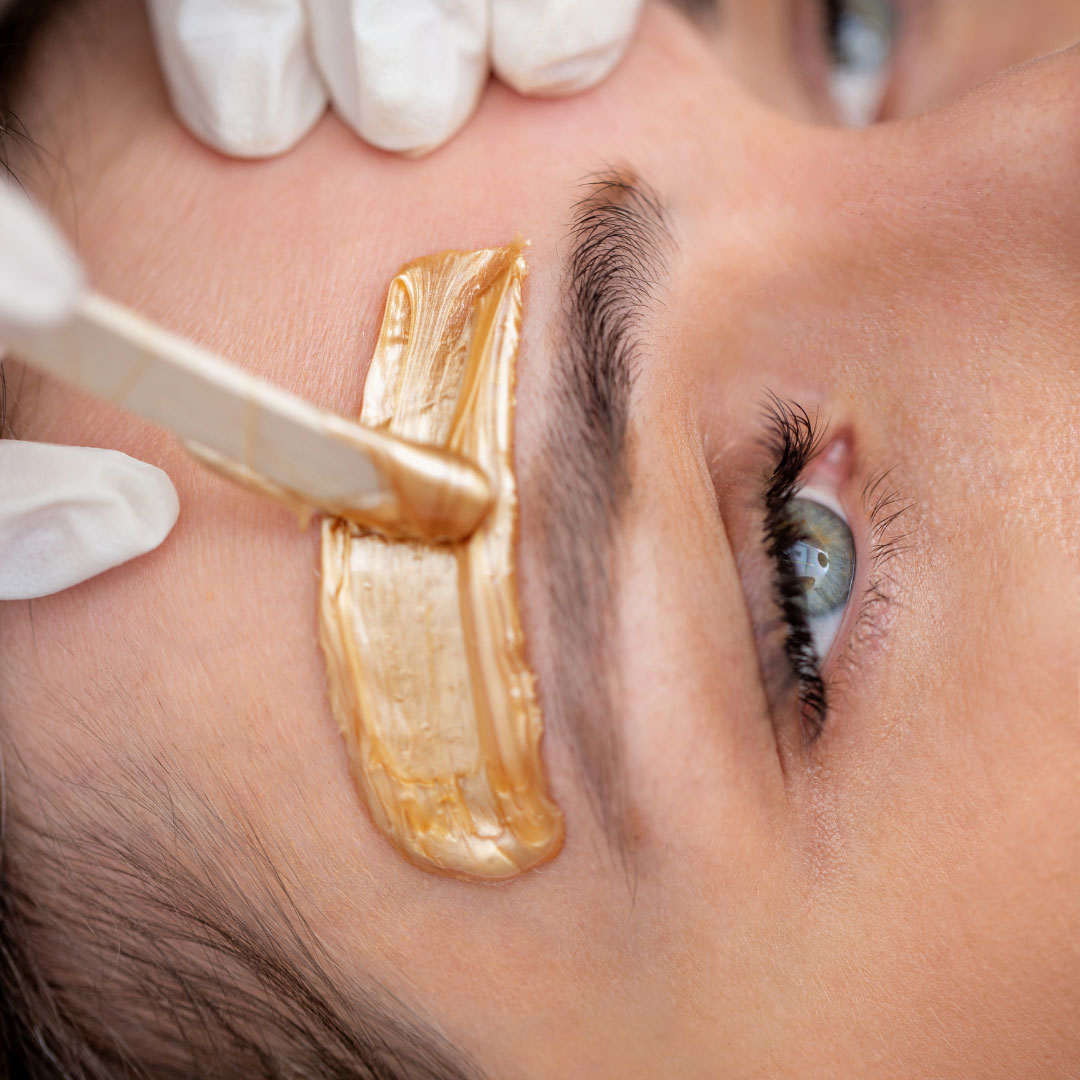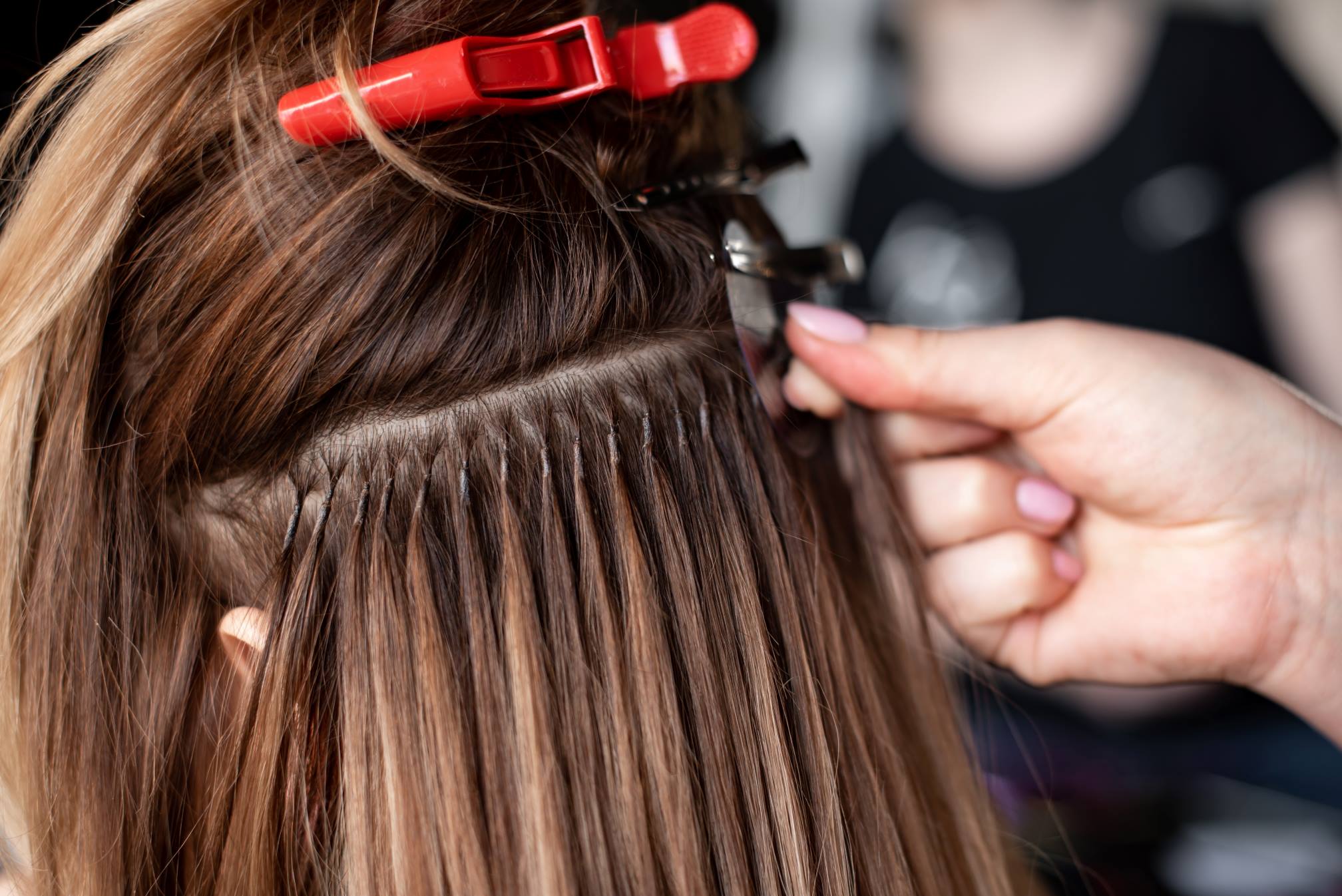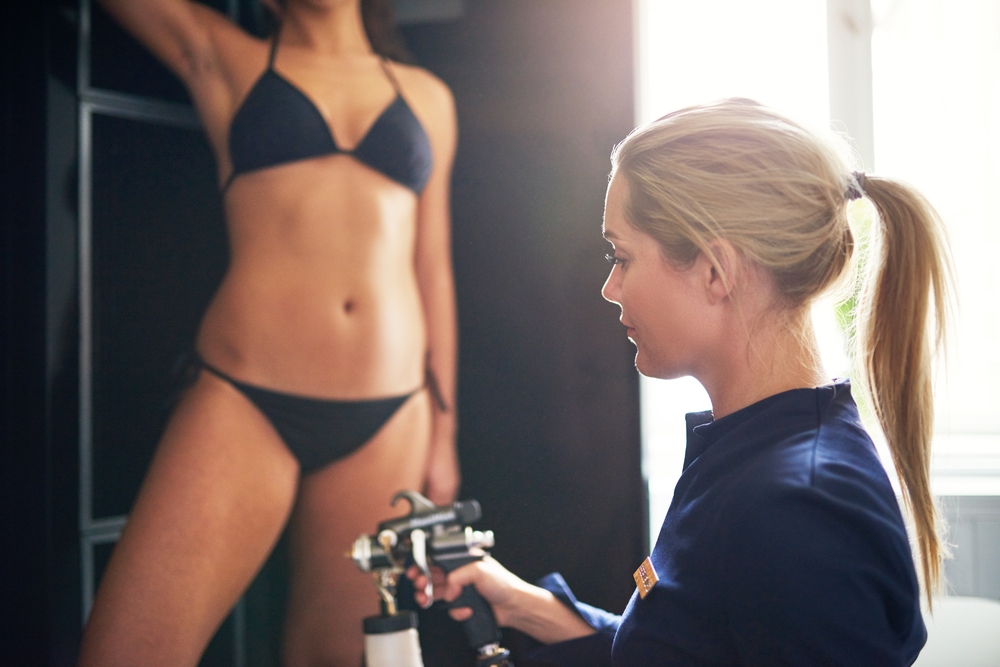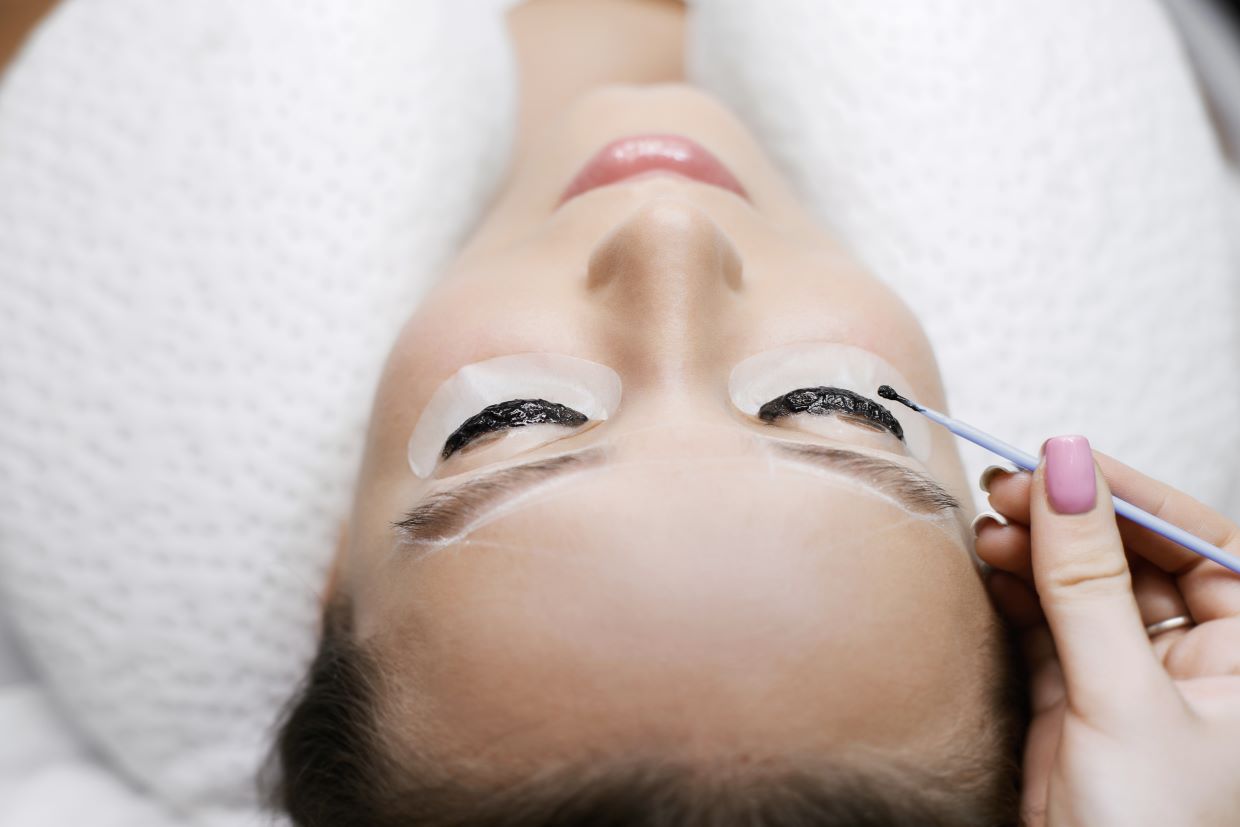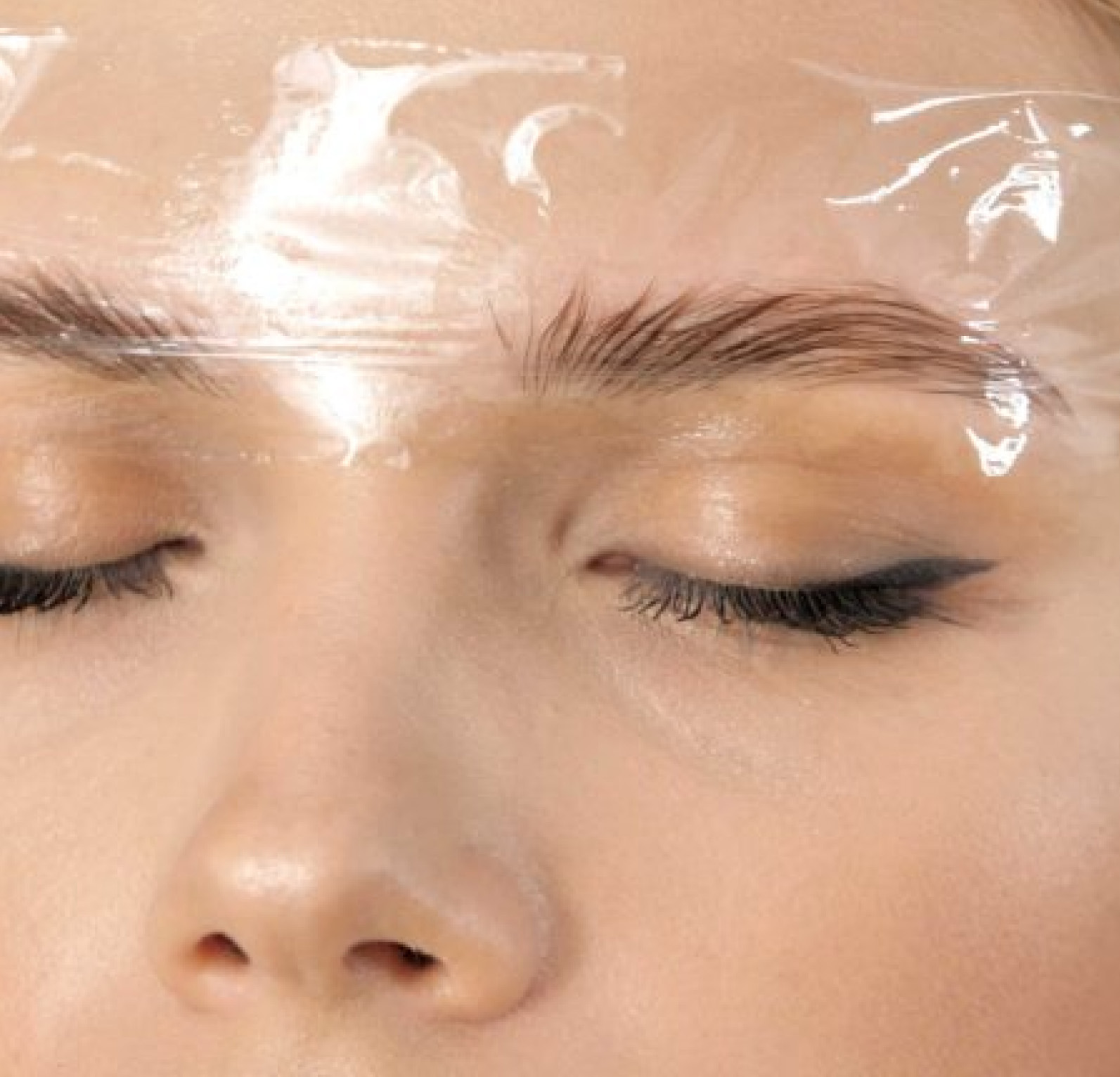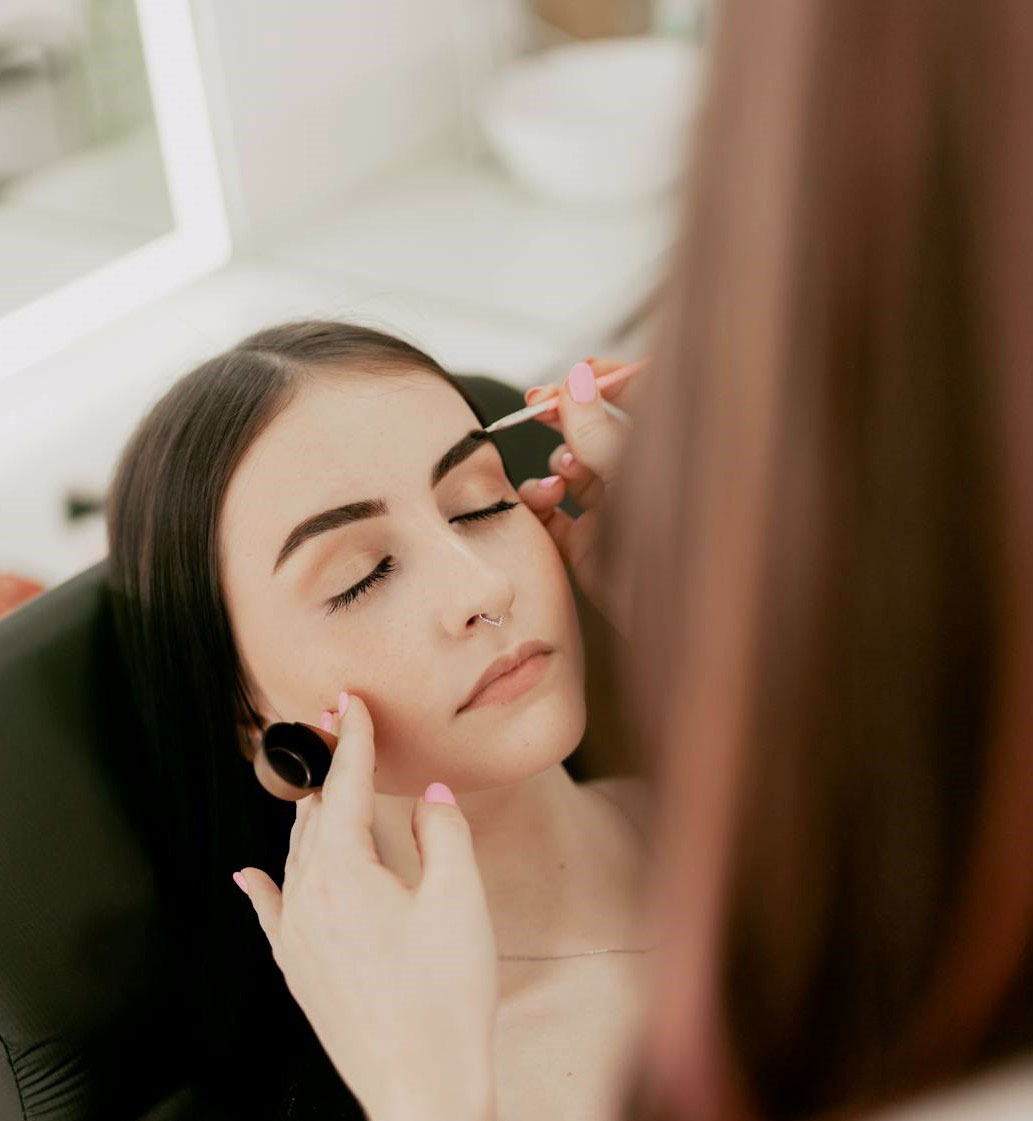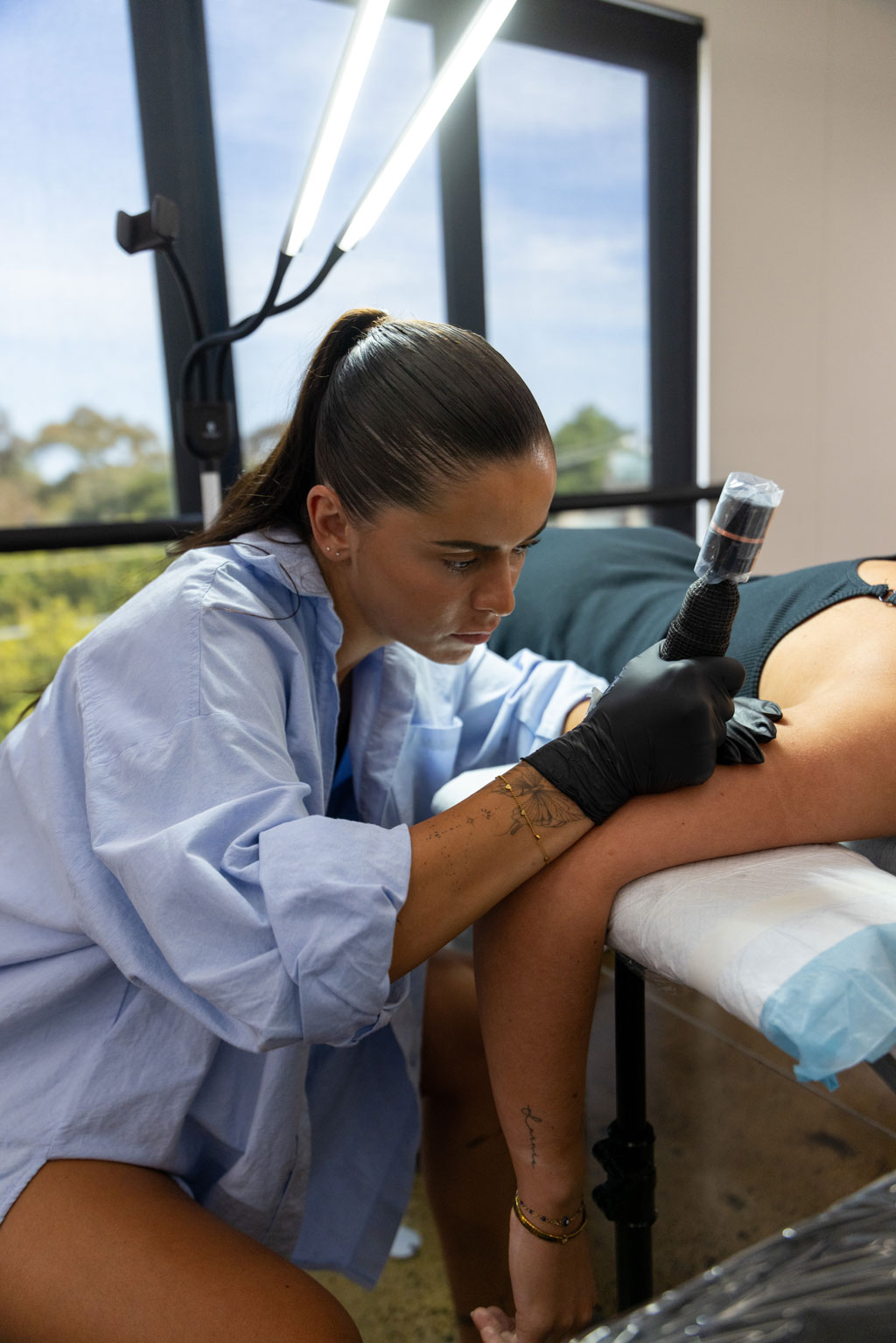
Fine Line Tattoo Course: Breaking Into the UK’s Hottest Beauty Trend
Celebrity fine line tattoos are everywhere – from Hailey Bieber’s delicate finger designs to Bella Hadid’s minimalist artwork! This sophisticated tattoo style has exploded into the beauty industry, with cosmetic tattooing and fine line artistry becoming the most requested services in salons across the UK. A fine line tattoo course opens doors to an incredibly lucrative career where artists charge £120-£400 per hour for their expertise.
The Fine Line Revolution in Beauty Services
The demand for fine line tattoo course graduates has skyrocketed as clients seek subtle, elegant designs and semi-permanent beauty solutions. This isn’t your traditional tattoo parlour work – it’s refined artistry that enhances natural beauty through techniques like lip blushing, scalp micropigmentation, and decorative body art. The precision and delicacy required in a fine line tattoo course translate perfectly into cosmetic tattooing, where natural-looking results command premium prices.
What makes a fine line tattoo course so valuable is its versatility. You’re not just learning one skill – you’re mastering techniques applicable to eyebrow microblading, eyeliner tattooing, lip enhancement, and artistic body work. Each application of your fine line tattoo course training opens new revenue streams. Imagine offering freckle tattooing at £160 per session or hairline restoration at £650 per treatment!
The artistic skills developed in a fine line tattoo course set you apart in the competitive beauty industry. While others offer temporary solutions, you provide semi-permanent artistry that saves clients time and enhances their confidence for years. This elevated service level, learned through your online beauty course specialisation, positions you as a premium provider rather than just another beauty technician.
UK Regulations and Your Path to Compliance
Before diving into your fine line tattoo course, understanding UK regulations is crucial. Tattoo and permanent makeup regulations are governed by local council licensing requirements and the Health and Safety Executive (HSE). Most regions require business registration with your local council, health inspections, and adherence to specific hygiene protocols outlined in the Local Government (Miscellaneous Provisions) Act 1982. Requirements can vary between London, Manchester, Birmingham, and other regions, so research your local council requirements early in your training process.
Blood-borne pathogen training is mandatory across the UK for anyone performing procedures that break the skin. Your fine line tattoo course should include comprehensive infection control training based on HSE guidance on blood-borne viruses, but additional certification through local health authorities may be required. This typically involves understanding sterilisation protocols, waste disposal procedures aligned with the safe management of healthcare waste, and preventing disease transmission.
Workspace requirements specify ventilation, sterilisation equipment, and client area standards. Even home-based fine line tattoo businesses must meet environmental health standards. Your fine line tattoo course will outline ideal workspace setup, but local environmental health officers provide final approval before you can legally operate. Budget time and potentially money for workspace modifications to meet compliance standards.
Insurance coverage for tattoo and permanent makeup services requires specialised policies. Standard liability insurance doesn’t cover these procedures. Contact professional associations or brokers understanding the fine line tattoo industry. Expect annual premiums of £600-£1,200 depending on your service offerings and client volume. This investment protects your business and personal assets from potential liability claims.
Equipment Investment and Setup Costs
Launching a fine line tattoo practice requires significant equipment investment beyond your course materials. Professional tattoo machines designed for fine line work cost £250-£650. Don’t skimp here – quality equipment produces better results and lasts years. Many fine line tattoo course graduates start with mid-range equipment, upgrading as their business grows and technical skills advance.
Needle selection dramatically affects your fine line work quality. Single needles, 3-round liners, and speciality configurations each serve specific purposes. Your fine line tattoo course teaches which needles suit various applications. Initial needle investment runs £160-£320 for comprehensive variety covering cosmetic and decorative work applications.
Pigment quality directly impacts colour retention, healing, and client satisfaction. Professional-grade pigments formulated for fine line and cosmetic tattooing cost significantly more than body art pigments. Budget £400-£650 for starter pigment collection covering essential colours for both cosmetic and decorative work. Your course should provide guidance on reputable pigment suppliers meeting UK safety standards and cosmetic product regulations.
Sterilisation and hygiene supplies represent ongoing operational costs. Autoclave machines (£1,200-£2,500), disposable barriers, gloves, and cleaning solutions add up quickly. These non-negotiable expenses protect both you and clients from infection risks. Your fine line tattoo course emphasises proper sterilisation aligned with government decontamination guidance, but purchasing quality supplies requires separate investment budgeting.
Workspace setup for fine line tattooing demands specialised furniture and lighting. Adjustable client chairs (£250-£650), professional lighting (£160-£320), and organised storage systems create the professional environment clients expect. This initial investment typically totals £1,600-£2,500 beyond equipment and supplies. Consider this comprehensive setup cost when planning your business launch budget.
Fine Line Tattoo Techniques and Skill Development
The precision required for fine line tattooing demands exceptional hand control and artistic ability. Your fine line tattoo course develops these skills systematically. Early training focuses on straight lines, consistent curves, and controlled shading on practice skins. These foundational exercises might seem tedious, but they build the muscle memory essential for client work.
Needle depth control separates professional fine line work from amateur attempts. Too shallow, and pigment won’t hold. Too deep, and you cause scarring and blowouts. Your course teaches proper depth through tactile feedback and visual assessment. This seemingly simple skill requires extensive practice to master consistently across different skin types and body areas.
Design adaptation for fine line work differs from traditional tattooing. Delicate designs must account for skin texture, body placement, and ageing considerations. Your fine line tattoo course teaches how to modify designs maintaining artistic integrity whilst ensuring longevity. This design consultation skill helps you guide clients toward choices they’ll love for years rather than regret after healing.
Colour theory specific to skin tones forms crucial knowledge for cosmetic tattooing applications. Understanding how pigments heal in various skin tones prevents colour disappointments. Your training covers selecting appropriate pigment shades for eyebrows, lips, and other cosmetic applications. This expertise prevents the dreaded “wrong colour” complaints that damage reputations and require expensive correction work.
Cosmetic Tattooing: Your Highest Revenue Stream
Cosmetic tattooing represents the most lucrative application of fine line tattoo course training. Eyebrow microblading and powder brows command £240-£480 per procedure with touch-ups generating ongoing revenue. These semi-permanent cosmetic solutions save clients daily makeup time whilst enhancing their natural features. According to ONS business statistics, the UK’s ageing population creates growing demand for these time-saving beauty solutions.
Lip blushing has exploded in popularity, offering natural-looking lip colour enhancement. This delicate procedure requires the precision fine line work taught in your course. Charging £400-£650 per lip blushing session, many technicians report this as their most profitable and requested service. The natural results appeal to professional British women seeking polished appearances without obvious makeup.
Eyeliner tattooing appeals to clients wanting defined eyes without daily makeup application. This challenging procedure demands steady hands and precise placement – skills developed through your fine line tattoo course. With pricing at £240-£400 per procedure, eyeliner tattooing provides excellent income for skilled practitioners. Many clients return every few years for colour refreshing, creating long-term client relationships.
Scar camouflage and medical tattooing serve clients with specific needs beyond beautification. These specialised applications of fine line techniques help breast cancer survivors, accident victims, and others. Whilst requiring additional specialised training beyond basic fine line courses, this niche offers deeply rewarding work at premium pricing. Consider this specialisation as your skills and confidence grow.
Building Your Fine Line Tattoo Business
Marketing fine line and cosmetic tattooing services requires sophisticated positioning differentiating you from traditional tattoo parlours. Your Instagram and Facebook presence should showcase your finest work emphasising precision, artistry, and natural results. Before-and-after photos demonstrating subtle enhancement attract your ideal clientele – professional women and men seeking quality cosmetic solutions.
Consultation processes for fine line and cosmetic tattooing must be thorough and educational. Clients need realistic expectations about results, healing processes, and maintenance requirements. Your fine line tattoo course should cover effective consultation strategies, but developing your personal consultation style requires practice and confidence. Allow adequate time for consultations – rushed decisions lead to disappointed clients and negative reviews.
Pricing strategy for fine line work must reflect your specialised skills and premium positioning. Whilst traditional tattoo work might charge by size or hourly rates, fine line and cosmetic tattooing typically use per-procedure pricing. Research local market rates in London, Manchester, and other major centres but don’t undervalue your services – quality fine line work deserves premium pricing reflecting your specialised training and precision skills.
Client education about aftercare determines your results and reputation. Proper healing requires specific care dramatically different from traditional tattoo aftercare. Your course provides aftercare protocols, but ensuring clients actually follow instructions requires clear communication and follow-up. Consider providing written and video aftercare instructions clients can reference during healing, preventing common issues caused by improper care.
Advanced Techniques and Continuing Education
Basic fine line tattoo courses provide foundations, but mastery requires ongoing education. Advanced shading techniques, colour blending, and specialised applications like scalp micropigmentation demand additional training. Budget annually for continuing education keeping your skills current and competitive. The beauty industry rewards technicians offering cutting-edge services clients see on social media and request specifically.
Industry trends in fine line and cosmetic tattooing evolve rapidly. Following influential artists on Instagram, attending industry conferences, and participating in workshops exposes you to innovative techniques. The UK hosts several beauty industry conferences annually including Professional Beauty exhibitions providing networking opportunities and advanced training. These investments in continued learning directly translate to increased earning potential and client satisfaction.
Specialised certifications in areas like paramedical tattooing or permanent makeup specific techniques enhance your credibility and earning potential. These advanced certifications typically cost £1,200-£2,500 but enable premium service offerings unavailable to basic practitioners. Consider these specialisations after establishing your general fine line practice and building confidence with foundational techniques.
Mentorship opportunities with established fine line tattoo artists accelerate your skill development. Whilst your fine line tattoo course provides structured instruction, working alongside experienced professionals reveals nuances and efficiency techniques courses can’t fully capture. Seek mentorship actively in your local area – most successful artists remember their own learning journeys and appreciate supporting emerging talent.
The Fine Line Career Path
Fine line tattooing offers remarkable career flexibility and growth potential. Many practitioners start mobile, visiting clients in their homes. This approach minimises startup costs whilst building your client base and portfolio. As your reputation grows, transitioning to a studio space provides the professional environment attracting premium clients willing to pay top rates.
Partnership opportunities with established beauty salons and spas offer alternative business models. Many salons lack fine line and cosmetic tattooing services and welcome skilled practitioners. These arrangements typically involve chair rental or commission splits but provide immediate access to established client bases. Research potential partnerships in your area as you complete your training.
Teaching opportunities emerge as you establish expertise. Developing your own fine line tattoo course or offering masterclasses provides additional income whilst cementing your industry authority. Many successful practitioners find teaching equally rewarding as client work, enjoying sharing their expertise with aspiring artists.
The international portability of fine line tattoo skills enables location-independent careers. Techniques and artistry transfer globally, allowing you to work anywhere or take international appointments. Some UK practitioners combine their art with travel, offering services across multiple countries or working seasonal contracts in tourist destinations.
Is a Fine Line Tattoo Course Right for You?
Fine line tattooing demands specific personality traits and abilities beyond artistic talent. Steady hands, extreme patience, and meticulous attention to detail are non-negotiable. If you’re naturally detail-oriented and enjoy precise work, fine line tattooing likely suits your temperament. However, if you’re naturally energetic and prefer faster-paced work, consider whether the painstaking precision suits your personality.
The emotional intelligence required for cosmetic tattooing often surprises students. Clients seeking cosmetic enhancements frequently have complex emotions about their appearance. Your ability to listen empathetically, manage expectations, and provide emotional support matters as much as technical skill. Many cosmetic tattooing clients have experienced trauma (cancer, accidents) requiring sensitivity and compassion beyond typical beauty service interactions.
Physical stamina requirements shouldn’t be underestimated. Fine line and cosmetic tattooing procedures often require 2-3 hours of intense concentration in awkward positions. Back problems and hand strain affect many practitioners. Your course teaches proper posture and ergonomics, but assessing your physical capacity for this work is important before significant financial investment.
Financial investment for fine line tattoo training and equipment exceeds most other beauty specialisations. Between course costs (£1,600-£3,200), equipment (£2,500-£4,000), and business setup (£1,600-£2,500), launching this career requires £5,700-£9,700 total investment. Whilst returns justify this investment, ensuring you can afford startup costs without creating financial stress is crucial for success.
Your Fine Line Future
The fine line tattoo industry needs skilled, dedicated artists meeting exploding demand for subtle, sophisticated body art and cosmetic enhancements. Your fine line tattoo course provides technical foundations, but your artistic vision, dedication to mastery, and business acumen determine your success. The UK’s diverse, beauty-conscious population creates excellent market conditions for skilled practitioners offering quality services.
The earning potential in fine line and cosmetic tattooing significantly exceeds most beauty specialisations. Established practitioners regularly earn £80,000-£120,000 annually working 4-5 days weekly. This income combined with creative fulfilment and flexible scheduling makes fine line tattooing an exceptional career choice for detail-oriented, artistic individuals comfortable working independently.
Master Fine Line Art
Ready to launch your fine line tattoo career with comprehensive training? Explore specialised fine line tattoo courses at Beauty School UK and begin your journey to this prestigious, lucrative beauty specialisation serving clients across the United Kingdom.
